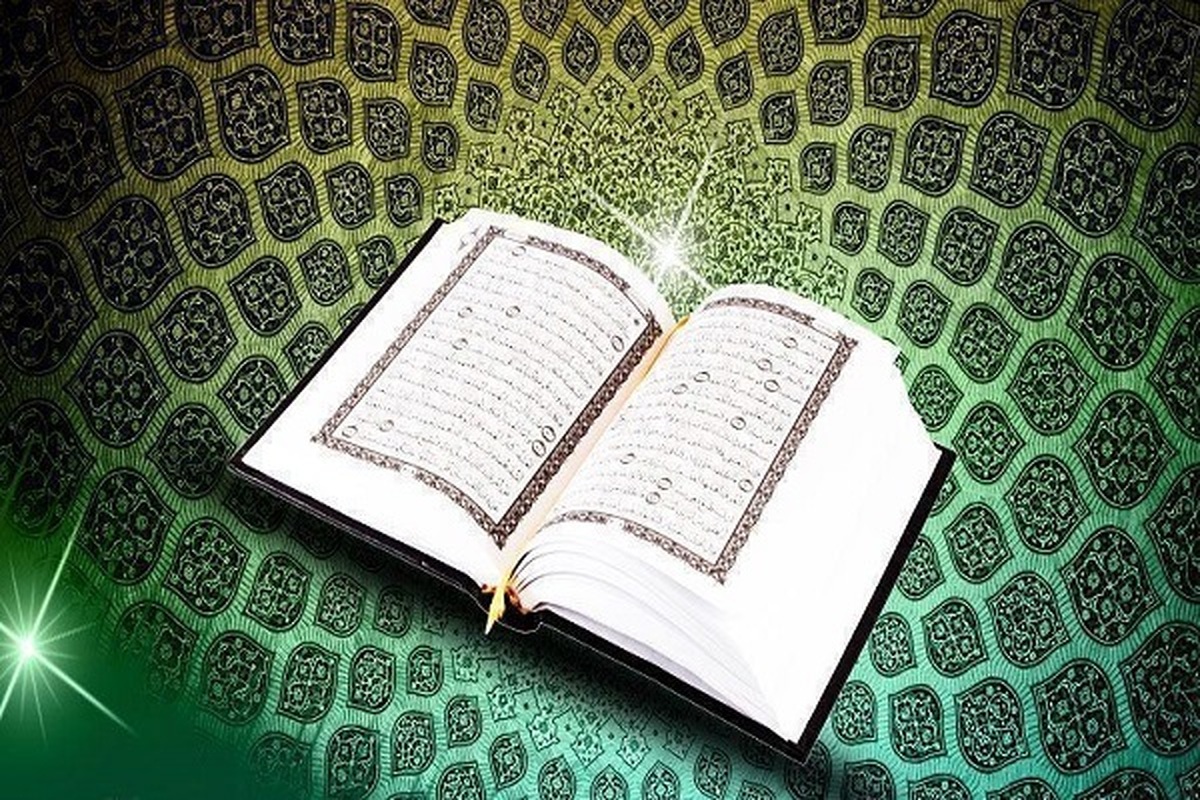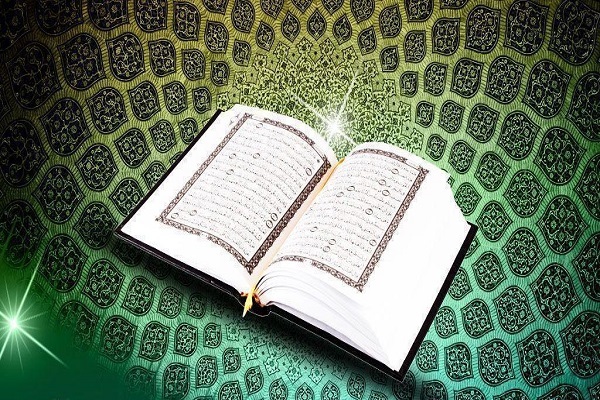Numbers in Holy Quran


Numbers are used in all aspects of life and in sciences, they have special importance.
The Holy Quran uses numbers in some verses to draw attention to counting and calculation. For example, Verse 47 of Surah Hajj: “They ask you to hasten the punishment. Allah will not break His promise. Each day with your Lord is like a thousand years in your reckoning.”
Or Verse 5 of Surah Yunus: “It was He that made the sun a brightness and the moon a light, and determined it in phases so that you might know the number of years and the reckoning. Allah did not create them except in truth, and distinguishes the verses to a nation who know.”
There are 30 whole numbers mentioned in the Quran, some of which are repeated frequently. There is also the number 950, which is implicitly referred to in Verse 14 of Surah Al-Ankabut: “We sent Noah to his people and he lived with them for nine hundred and fifty years, then the flood engulfed them for their injustice.”
And there are 8 fractional numbers mentioned in the Holy Book.
Overall, the numbers used in the verses of the Quran and the Hadiths are of two types. Those in the first group have secrets, while those in the second group have no secrets and simply refer to a number.
An example of the second group is the numbers of prayers and their Rak’as or the word Khums (one-fifth) in Verse 41 of Surah Al-Anfal: “Know that whatever property you may gain, one fifth belongs to God.”
But some numbers like 5, 7, 14, and 40 in some verses of the Quran have secrets.
For example, God says in Verse 80 of Surah At-Tawbah: “(Muhammad), whether you ask God to forgive them or not, He will never do so, even if you were to beg seventy times; they have disbelieved in God and His Messenger and God does not guide the evil-doers.”
Here the number 70 emphasizes the multiplicity rather than the exact number.
Read More:
To find out what numbers have secrets and which ones don’t, we should refer to verses and Hadiths. For instance, the number 7 is mentioned both about the seven heavens “: It is He who has created seven heavens, one above the other,” (Verse 3 of Surah Al-Mulk) and about the Sa’y of Safa and Marwah.


